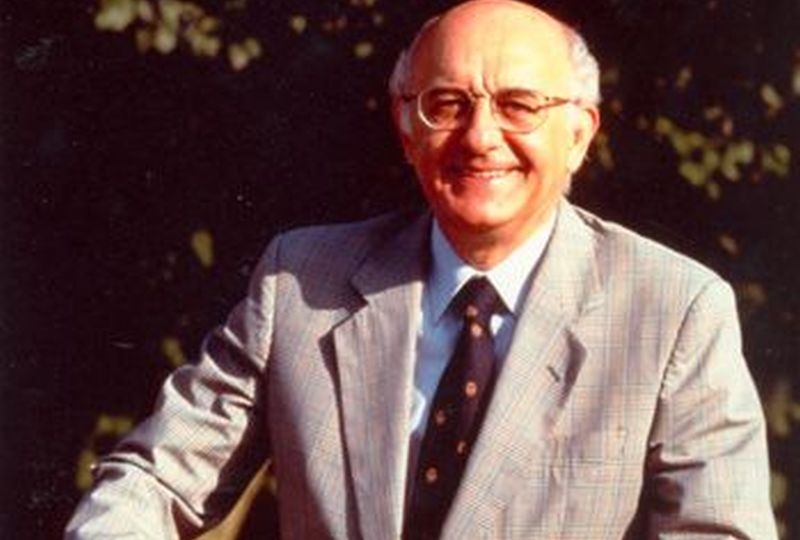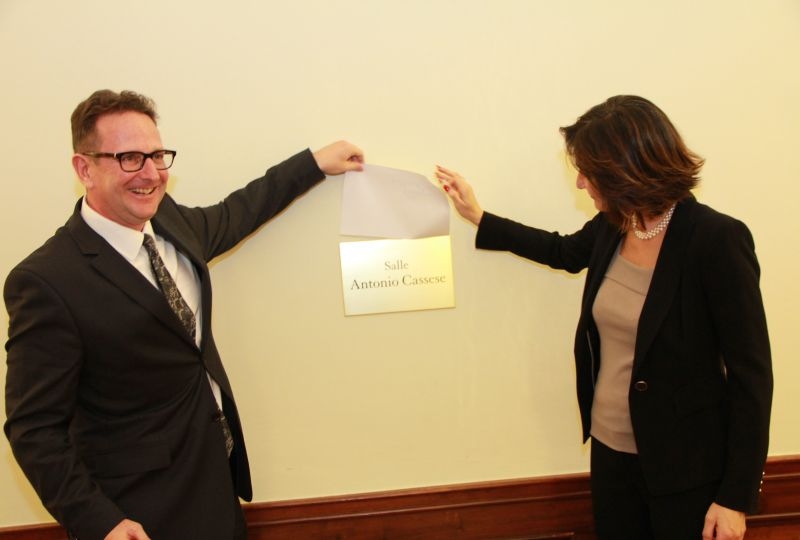The five episodes of the series will tackle the impact of this pioneering international lawyer on international law and institutions on five selected issues: genocide, terrorism, torture, human rights in the European Union, and war crimes.
‘In this mini-podcast series, Salvatore Zappalà, Giulia Pinzauti, Antonio Coco, and I revisit some of Antonio Cassese's major contributions to international law as a practitioner, produced in decades of engagement with international institutions. We try to do it in the way we think he would have liked it most, namely through a critical analysis of his work. We thought this would be a good way to mark the 10th anniversary of his passing’ says Paola Gaeta.
Episode 0: The Knight and the Sparrow – which introduces the series and, through Cassese's voice, the title of the podcast – has just been released.
The following episodes will be released on the 9th of each month, starting on 9 December – with episode 1 on genocide –, which marks the anniversary of Antonio Cassese’s birth, as well as the 73rd anniversary of the adoption of the Convention on the Prevention and Punishment of the Crime of Genocide.










